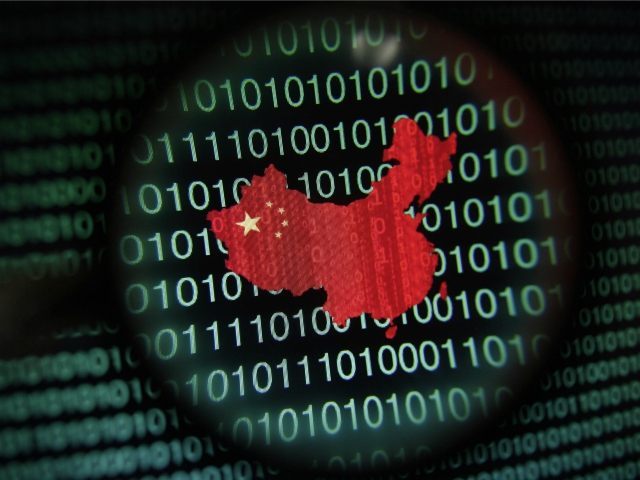A Hong Kong-based group of prominent lay Catholics said that a cyberattack originating from China has targeted their website opposing a forthcoming deal between the Vatican and the Chinese government.
As of Wednesday afternoon, the website had been under a “distributed denial-of-service (DDOS) attack, and the internet protocol addresses of the attackers were from Tianjing,” organizers said in a statement. The page reportedly resumed normal operations at around 12:30pm on Thursday.
The website features an open letter to all the bishops of the Catholic Church appealing for reconsideration of a proposed deal between the People’s Republic of China and the Holy See, calling the current agreement “an irreversible and regrettable mistake.”
The letter is described as an initiative of “university professors, lecturers, researchers, human rights activists and lawyers.”
In their statement concerning the alleged cyberattack, the group organizers declared:
We condemn such cowardice act. We will not be cowed into silence by such attack, and we will never stop voicing out for the Church. Again, we appeal to the faithful who loves the Church: Please join the petition, and continue to pray for the persecuted Church in China.
China and Vatican are reportedly close to a historic deal over the appointment of bishops after several years of negotiation.
In their original letter, the Hong Kong Catholic group insisted that the Chinese government should play no part in the selection of bishops. They also opposed the rehabilitation of seven “illicitly ordained bishops” of the state-sponsored Catholic patriotic association, since they “were not appointed by the Pope, and their moral integrity is questionable,” the letter states.
“They do not have the trust of the faithful, and have never repented publicly. If they were to be recognized as legitimate, the faithful in Greater China would be plunged into confusion and pain, and schism would be created in the Church in China,” the letter reads.
As of Thursday afternoon, more than 1,600 people had signed the petition.
In its most recent report, the independent U.S. Commission on International Religious Freedom (USCIRF) declared China to be a “country of particular concern” for its egregious violations of religious liberty against Christians and others.
During 2016, “as China’s President Xi Jinping further consolidated power, conditions for freedom of religion or belief and related human rights continued to decline,” the report stated.
“Authorities target anyone considered a threat to the state, including religious believers, human rights lawyers, and other members of civil society. In 2016, the Chinese government regularly emphasized the ‘sinicization’ of religion and circulated revised regulations governing religion, including new penalties for activities considered ‘illegal’ and additional crackdowns on Christian house churches,” the report adds.
As Breitbart News reported last week, Chinese officials have now ordered priests and pastors to post signs on churches barring entry to minors as part of the new set of religious regulations that went into effect on February 1.
Authorities of the officially atheist nation have stated that church attendance and religious instruction prevent children and young persons from developing “a correct worldview and set of values.”
“Minors receiving religious education and formation too early in churches would seriously affect the normal implementation of the education system,” read a notice last August in China’s Ouhai district.
Last week, the chancellor of the Pontifical Academy of Social Sciences praised China, claiming that the atheistic communist regime has created the best model for living out Catholic social teaching today.
After visiting Beijing for the first time some months ago, Argentinean Bishop Marcelo Sánchez Sorondo reportedly returned to the Vatican full of enthusiasm for the Asian country, and told a journalist that “at this moment, the Chinese are the ones implementing Catholic social teaching best.”
The Chinese “look for the common good and subordinate other things to the general welfare,” Bishop Sánchez insisted in a Spanish-language interview with the Vatican Insider, saying that the Italian economist Stefano Zamagni agrees with him.
If a Sino-Vatican deal is reached, it will likely re-establish diplomatic relations between the two entities, which were severed in 1951.
Follow Thomas D. Williams on Twitter Follow @tdwilliamsrome

COMMENTS
Please let us know if you're having issues with commenting.